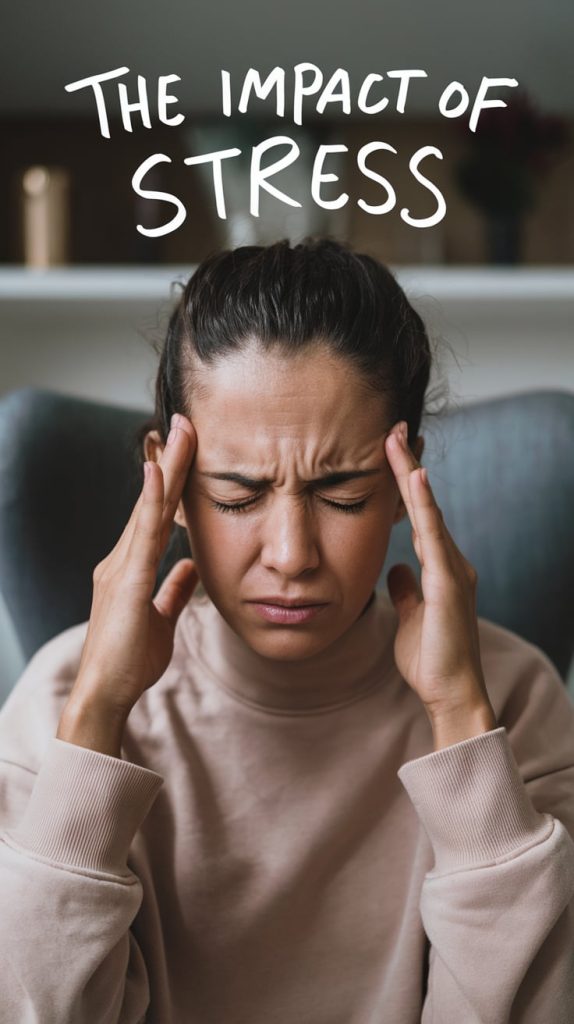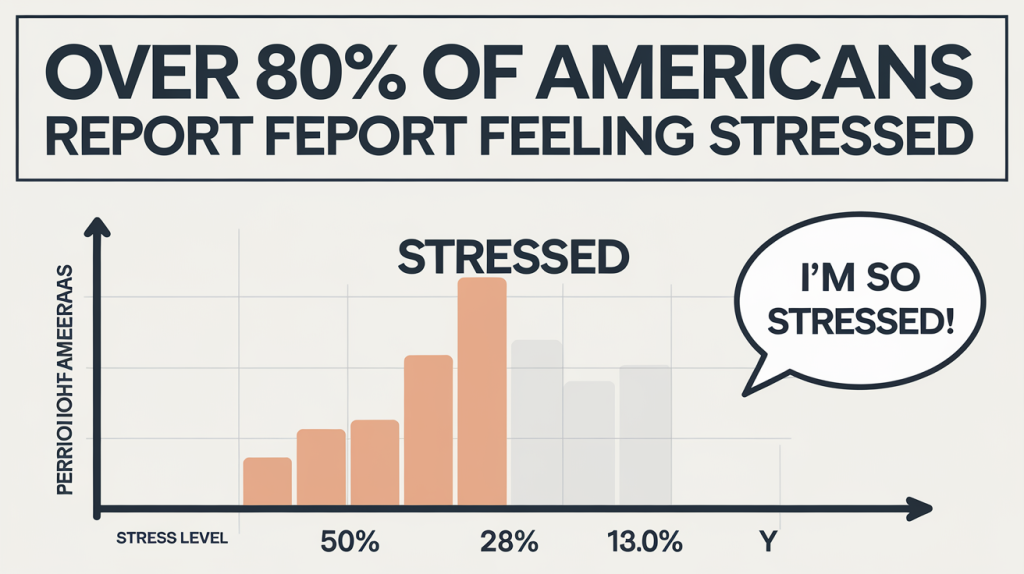Americans are feeling more stressed than ever. Over 80% report feelings of stress in their daily lives. Stress can lead to serious implications for mental health, affecting everything from productivity to overall well-being.
Fortunately, exploring natural ways to relieve stress can offer effective solutions for many individuals looking to regain balance.
The COVID-19 pandemic has heightened stress levels across various demographics. It intensified anxiety related to financial uncertainty, health concerns, and daily responsibilities. In light of these challenges, finding holistic approaches to managing stress is essential. This article delves into practical methods that can help those overwhelmed by the pressures of life.
For anyone dealing with chronic stress or searching for relief from pandemic-related anxiety, solutions are available. Simple and natural techniques can make a significant difference in reducing stress and improving mental health.
Key Takeaways
- Over 80% of Americans report high stress levels affecting their daily lives.
- Natural stress relief techniques can improve mental well-being without side effects.
- Chronic stress has serious health implications that need to be addressed urgently.
- Consider dietary supplements to control stress before using pharmaceuticals
Understanding Stress and Its Impact

Stress is a significant issue affecting many aspects of life in the United States. It can lead to serious physical and psychological effects, while various external factors often contribute to heightened stress levels. Understanding these aspects is crucial for finding effective relief.
The State of Mental Health in the United States
The American Psychological Association (APA) reports that stress levels among Americans are alarmingly high. A recent Harris Poll revealed that over 80% of adults experience stress regularly. Many factors contribute to this mental health crisis, with parents and caregivers particularly affected. They often juggle multiple responsibilities, leading to emotional strain. The COVID-19 pandemic only intensified these challenges, exacerbating feelings of anxiety and uncertainty.
Physical and Psychological Effects of Stress
Stress can have serious effects on both physical and psychological well-being. Physically, chronic stress leads to increased cortisol levels, which can weaken the immune system. This makes individuals more susceptible to health issues.
Psychologically, stress is linked to anxiety, depression, and even elevated suicide rates. Many individuals report feeling overwhelmed and unable to cope with daily life. It is essential to recognize these symptoms early to seek assistance and explore healthier coping mechanisms.
External Factors Contributing to Stress
Various external factors significantly impact stress levels in the U.S. Political unrest and social issues play a large role, with a majority of adults expressing worry about the future of the nation.
Economic conditions, workplace stress, and health care issues also add to the burden. Parents and caregivers often feel additional pressure as they navigate these challenges while caring for their families. Stress management strategies are crucial, and exploring natural relief options like 10x Calm may provide much-needed support.
Natural Stress Relief Techniques

Managing stress involves adopting techniques that can help reduce worry and increase resilience. These methods focus on lifestyle changes, mindfulness practices, and building coping mechanisms to navigate uncertainty and stressors more effectively.
Lifestyle Changes and Stress Management
Making positive lifestyle changes can significantly impact stress levels.
Regular physical activity helps release endorphins, which can improve mood. Incorporating at least 30 minutes of exercise most days can help manage stress.
Nutrition plays a crucial role as well. Eating a balanced diet with plenty of fruits, vegetables, and whole grains supports mental well-being.
Staying hydrated is essential; drinking enough water can positively influence mood and energy.
Getting sufficient sleep is also vital. Aiming for 7-9 hours of quality sleep each night helps the body and mind recover from the day’s stresses. Reducing caffeine and screen time before bed can promote better sleep quality.
Mindfulness and Relaxation Practices
Mindfulness techniques encourage individuals to focus on the present moment, which can decrease negative emotions associated with stress.
Deep breathing exercises can be a great starting point. Inhale deeply for four counts, hold for four, then exhale for four. This simple practice calms the nervous system and helps alleviate immediate feelings of anxiety.
Yoga combines physical movement with mindfulness, promoting relaxation and flexibility. Participants often find that yoga reduces worry and helps manage stress effectively.
Setting aside time each day for meditation or gentle yoga can aid in cultivating a peaceful mindset.
Developing Resilience
Building resilience is essential for managing stress over the long term.
Resilience involves the ability to bounce back from challenges and adapt to change.
One way to develop resilience is through practicing positive self-talk. Encouraging affirmations can counteract doubt and foster a sense of control.
Social support is another key factor.
Connecting with friends, family, or support groups can provide comfort and understanding.
Sharing experiences and feelings can help diminish feelings of isolation during tough times.
Additionally, exploring coping mechanisms such as journaling or engaging in hobbies can enhance resilience.
These activities promote emotional expression and provide a positive outlet for stress, contributing to a more balanced lifestyle.
For those looking to supplement their efforts, products like 10x Calm may offer additional support in managing stress.



